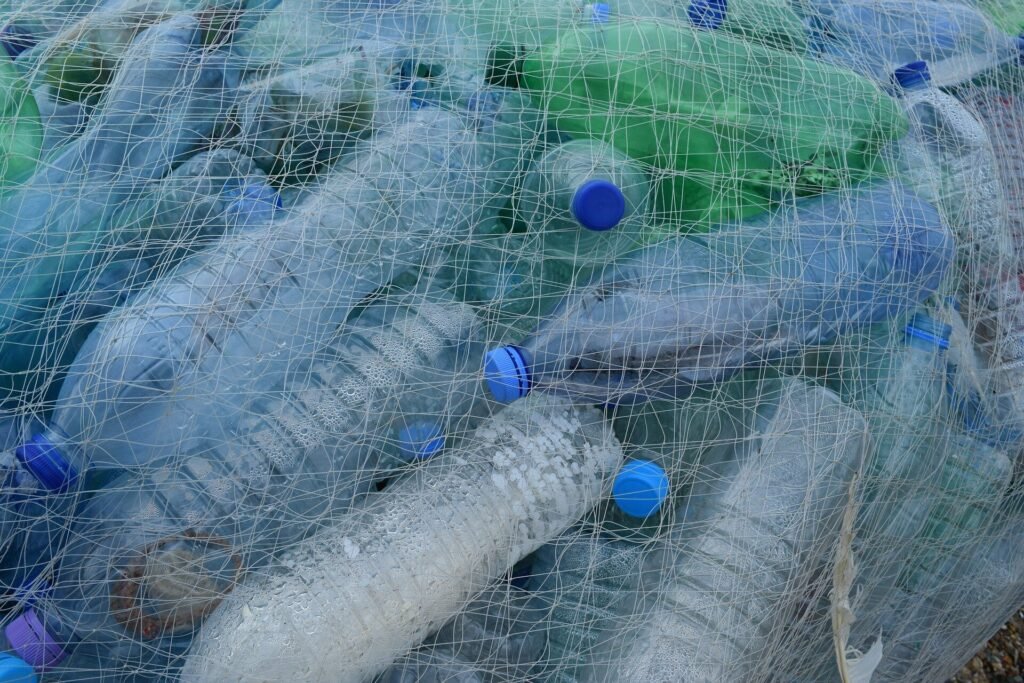Plastic pollution has become a significant environmental concern, with plastic particles infiltrating our food and water sources. These microplastics, which are less than 5 millimeters wide, pose a potential threat to human health when consumed. In an effort to combat this issue, researchers have been exploring biodegradable alternatives to traditional petroleum-based plastics.
A recent study published in the Journal of Agricultural and Food Chemistry sheds light on the potential health risks associated with starch-based biodegradable plastics. While these plastics are derived from plant starch, such as that found in potatoes, rice, and wheat, researchers found that animals consuming particles from this alternative material experienced adverse health effects. Liver damage, gut microbiome imbalances, and other health issues were observed in animals exposed to starch-based microplastics.
The study, led by researcher Yongfeng Deng, compared the effects of normal chow versus chow infused with starch-based microplastics on mice. The results revealed that mice exposed to the starch-based plastic particles exhibited damaged organs, altered glucose management, and disruptions in genetic pathways and gut microbiota diversity. These findings suggest that prolonged exposure to starch-based microplastics can have a wide range of negative health impacts, including circadian rhythm disturbances and metabolic disruptions.
Despite these concerning results, the researchers emphasize the need for further studies to fully understand how these biodegradable particles break down in the body. More research is necessary to determine the long-term effects of consuming starch-based microplastics and to develop safer alternatives for plastic production.
This study highlights the importance of considering the potential health impacts of biodegradable plastics and underscores the need for sustainable solutions to address plastic pollution. By continuing to investigate the effects of alternative materials on human health, researchers can work towards creating environmentally friendly plastics that are safe for both people and the planet.


